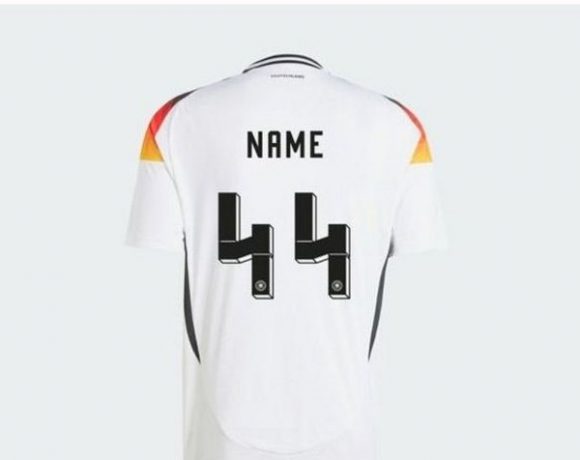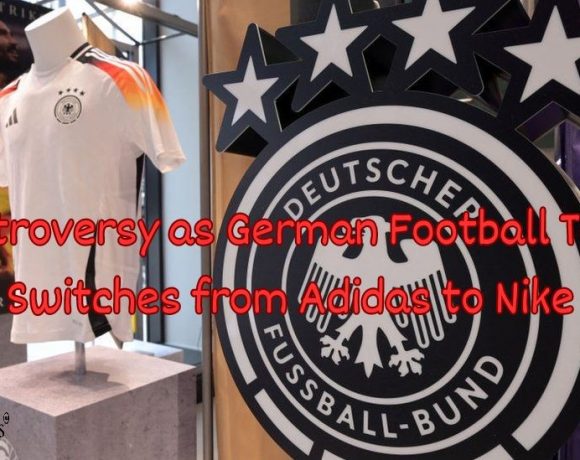
Adidas has decided to prohibit football fans from customizing German football kits with the number 44 due to concerns raised by the media regarding its resemblance to symbols used by Nazi SS units during World War Two. This decision comes after historian Michael König criticized the design, calling it “questionable” due to its similarity to the SS rune, which was associated with the atrocities committed by the Nazis.
The controversial kit has also faced criticism for its choice of pink as the away color, with some supporters seeing it as a representation of diversity, while others view it as a non-traditional choice aimed at generating revenue for the German Football Association (DFB).
Adidas spokesperson Oliver Brüggen emphasized that the resemblance to Nazi symbols was unintentional and stated the company’s commitment to opposing hatred and discrimination in all forms. The DFB explained that the shirt designs, including the numbers, were approved by UEFA during the design process, with no concerns raised about Nazi symbolism. They also announced plans to develop an alternative design for the number 4.
Furthermore, controversy surrounds the decision by the DFB to switch from Adidas to Nike as the manufacturer of German football kits starting in 2027, criticized by some for lacking patriotism. Germany is set to host the upcoming European Football Championship, which will take place across 10 cities.
Picture Courtesy: Google/images are subject to copyright

